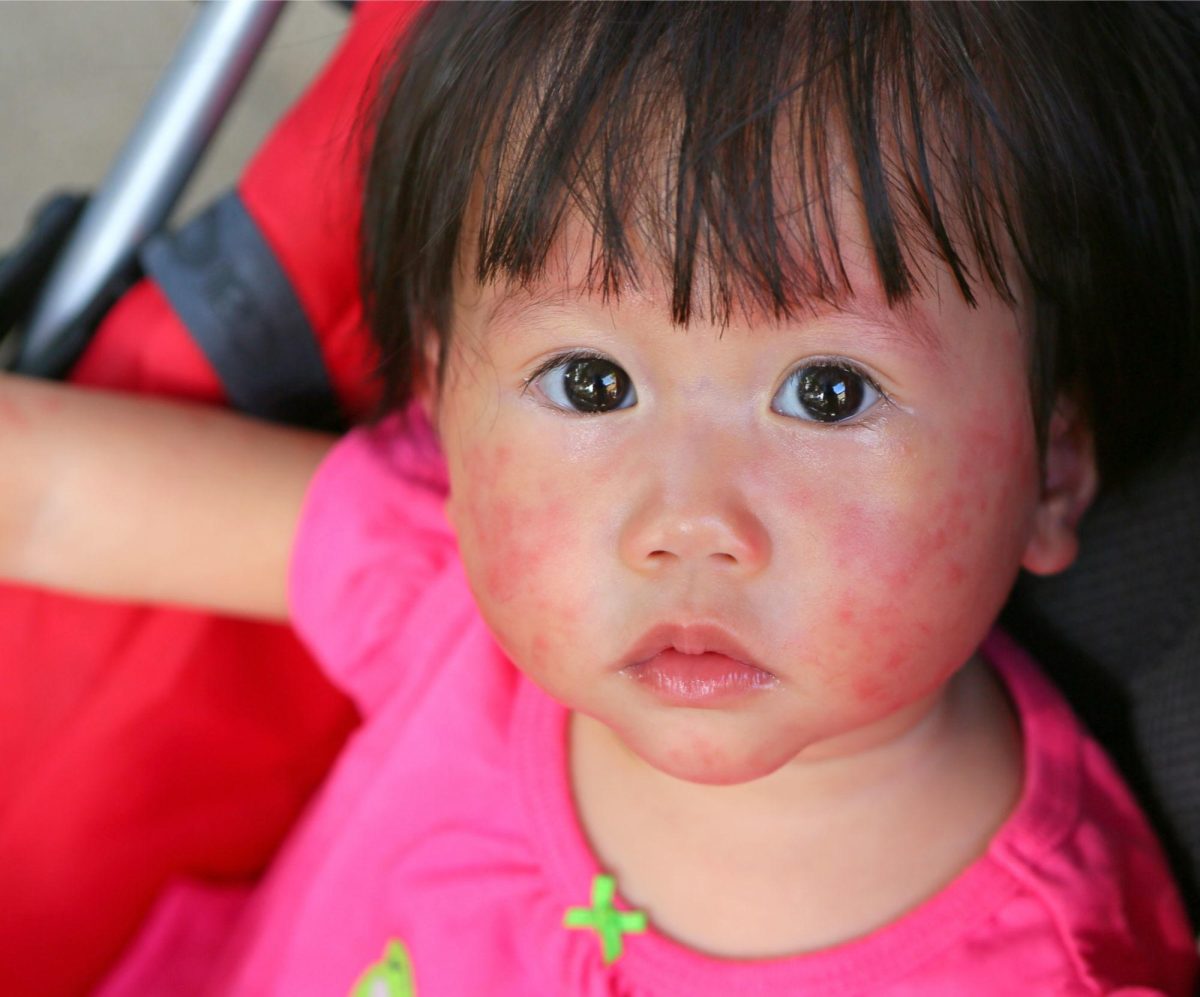New research says yes.
The most common chronic, recurrent, inflammatory skin disorder in children is atopic dermatitis (AD), also known as atopic eczema, and it affects 5–30% of children globally. Most AD subjects suffer from persistent skin dryness, pruritus, eczematous rash, cutaneous dysbiosis, and defective epidermal barrier. AD is related to impaired quality of life and increased disease burden if patients are poorly managed, which poses a considerable burden to individuals, families, and society.
Moreover, AD subjects are more likely to develop other atopic conditions, including food allergies, asthma, and allergic rhinitis. As a result, it is critically important to clarify the possible mechanisms of AD to develop a more precise and effective preventive and treatment strategy.
An analysis in the Journal of the European Academy of Dermatology & Venereology of relevant published studies found that early application of emollients, or moisturizers, is an effective strategy for preventing AD in high-risk infants.
The analysis included 11 randomized controlled trials involving 3,483 infants. Three types of emollients, including cream, emulsion (the combination of two fluids that usually don’t mix), and mixed types were comparable in preventing AD; however, an additional analysis suggested that emollient emulsion may be the best option.
“The results of this systematic review and network meta-analysis show that early application of skin emollients can effectively prevent AD development in infants,” the authors wrote. “Moreover, among the available three types of emollients, the emollient emulsion is probably the optimal option in infancy to prevent AD development more effectively.”
Reference: “Systematic review and network meta-analysis of different types of emollient for the prevention of atopic dermatitis in infants” by Junqin Liang, Fengxia Hu, Hongbo Tang, Fanhe Jiang, Yingbing Sang, Yongzhen Hong, Qian Wang, Kalibi Nuer and Xiaojing Kang, 23 November 2022, Journal of the European Academy of Dermatology and Venereology.
DOI: 10.1111/jdv.18688
The research was funded by the Key Research and Development Project of Xinjiang Uygur Autonomous Region.
Share your story or advertise with us: Whatsapp: +2347068606071 Email: info@newspotng.com










